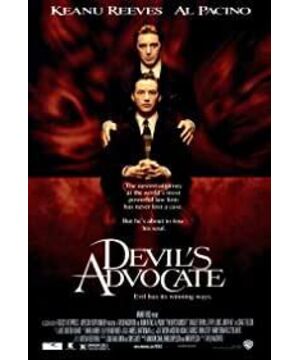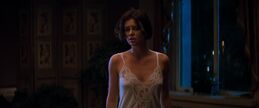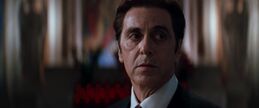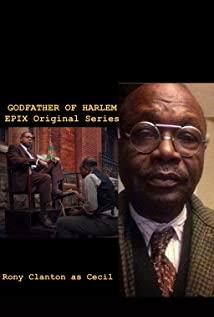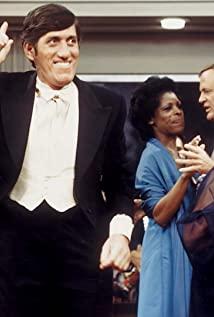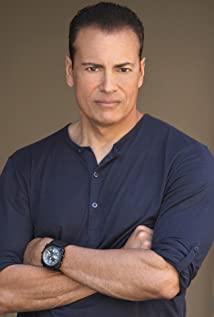John Milton:
[On the roof]
What do you think? Some people can't handle it
Kevin Lomax:
It's peaceful
John Milton:
My sentiments exactly, fill in the resume for me, what does your father do?
Kevin Lomax:
I never got to know my father, he passed away before I was born my mother raised me just the two of us
John Milton:
That can't be easy in a town like Gainesville can it?
Kevin Lomax:
I don't think it's easy anywhere
John Milton:
A little different when you looking down isn't it?
Kevin Lomax:
Yes it is
John Milton:
Your mother, what's she like?
Kevin Lomax:
She's a preacher's daughter she's tough she's worked at the same poultry as I can remember she's got a church she really likes, she's usually there or they go out and do a lot of volunteer work
John Milton:
Did it rub off? The book or the church?
Kevin Lomax:
No I'm on parole early release for time served
John Milton:
A lot of potential clients down there
Kevin Lomax:
why do you need a criminal department?
John Milton:
Our clients break the law like anyone else just tired of sending their business across the street
Kevin Lomax:
Are you offering me a job?
John Milton:
I'm thinking about it, I know you got talent, I knew that before you got here its just the other thing I wonder about: Pressure it changes everything some people you squeeze them, they focus others fold can you summon your talent at will? Can you deliver on a deadline? Can you sleep at night?
Kevin Lomax:
When do we talk about money?
John Milton:
Money? That's the easy part


